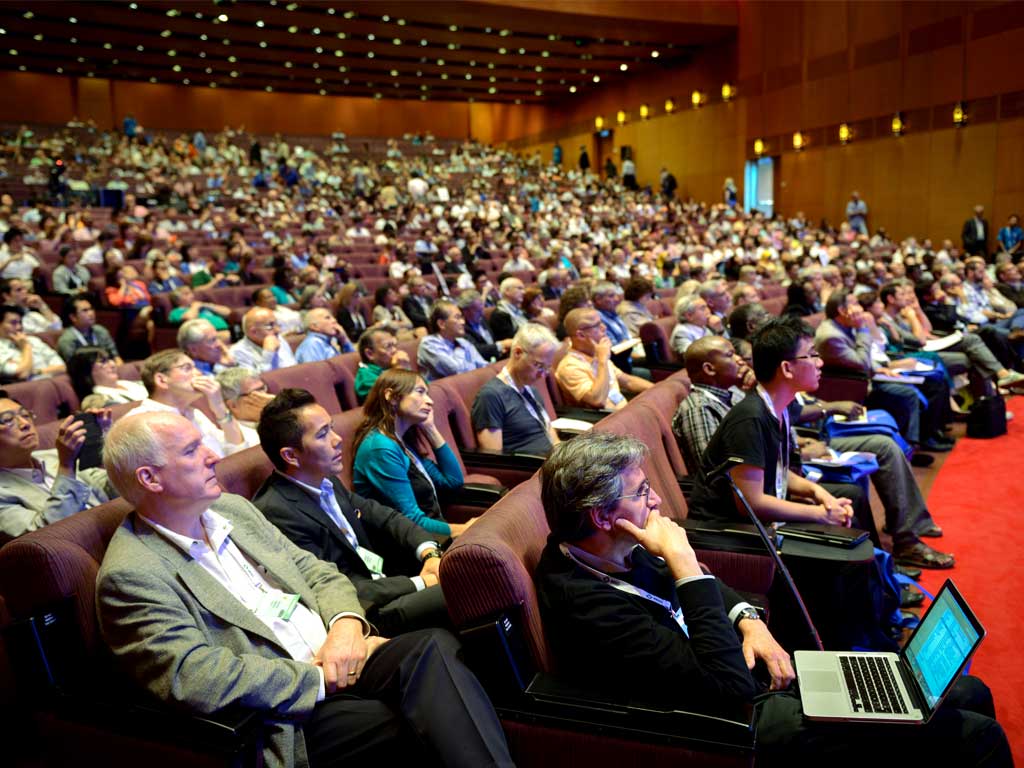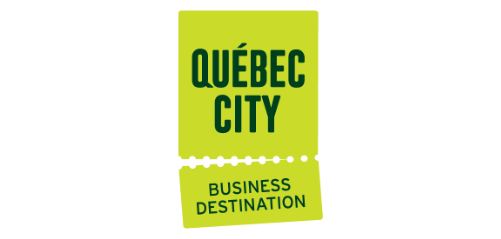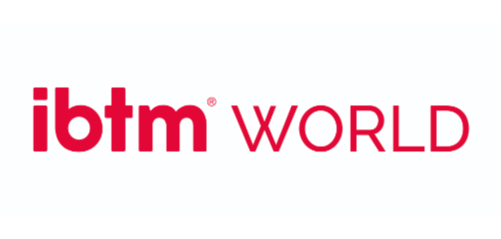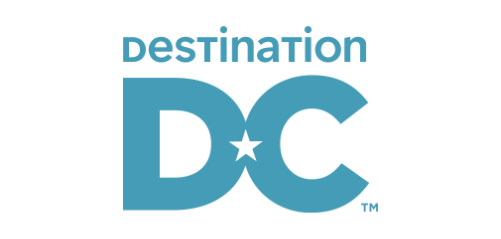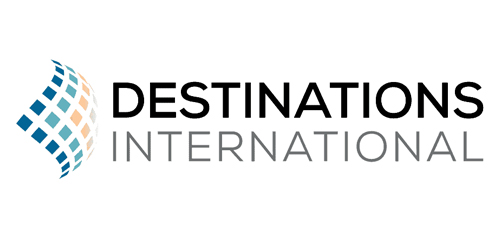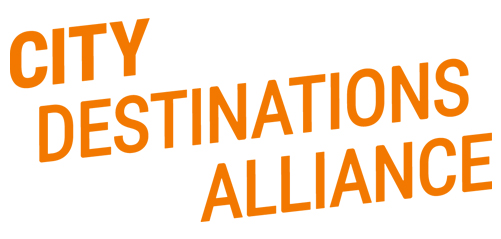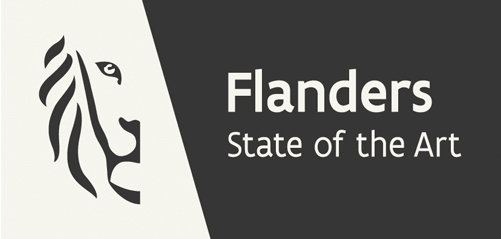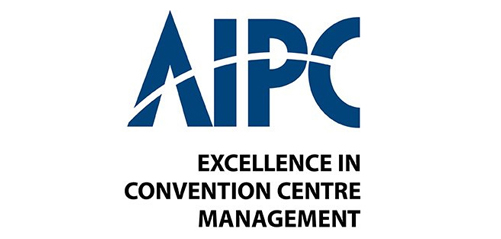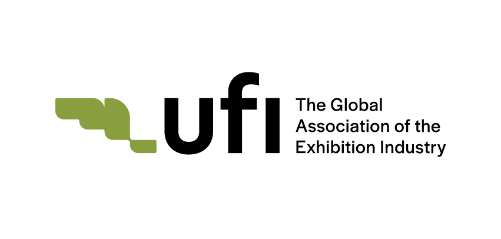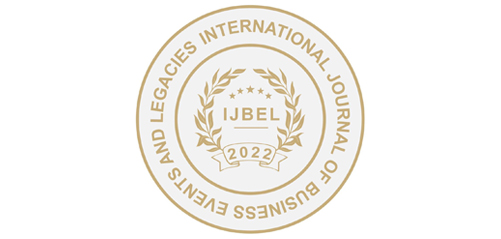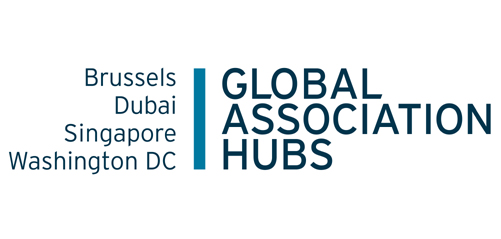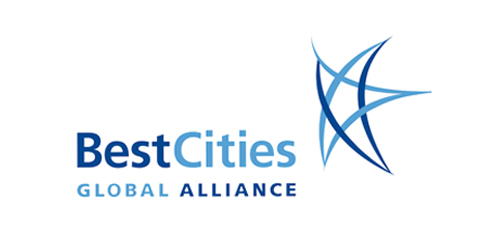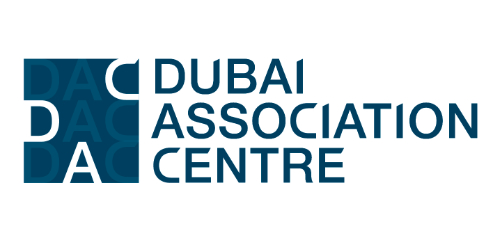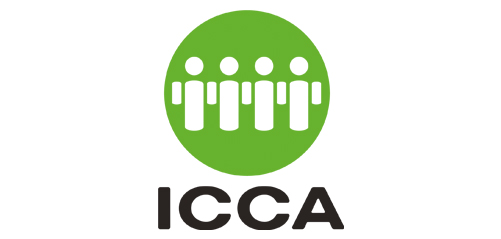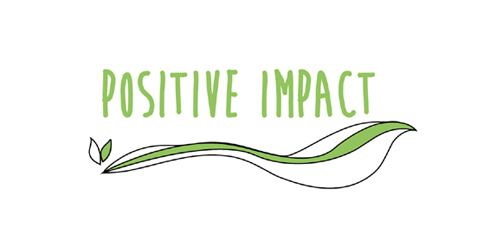The International AIDS Society (IAS) organizes the world’s two most prestigious HIV conferences, each convened biennially in alternating years. The next International AIDS Conference (AIDS 2018) will be held in Amsterdam, Netherlands (23-27 July 2018). Meanwhile, the IAS Conference on HIV Science features the latest HIV science, including basic, clinical and prevention research. It brings together a broad cross section of HIV professionals from around the world with a focus on implementation i.e. moving scientific advances into practice.
Kuala Lumpur, the capital of Malaysia, hosted the 7th IAS Conference on HIV Pathogenesis, Treatment and Prevention in 2013. Earlier in 1999, Kuala Lumpur had hosted the 5th International Congress on AIDS in Asia and the Pacific, and as such had the experience to host meetings in this discipline.
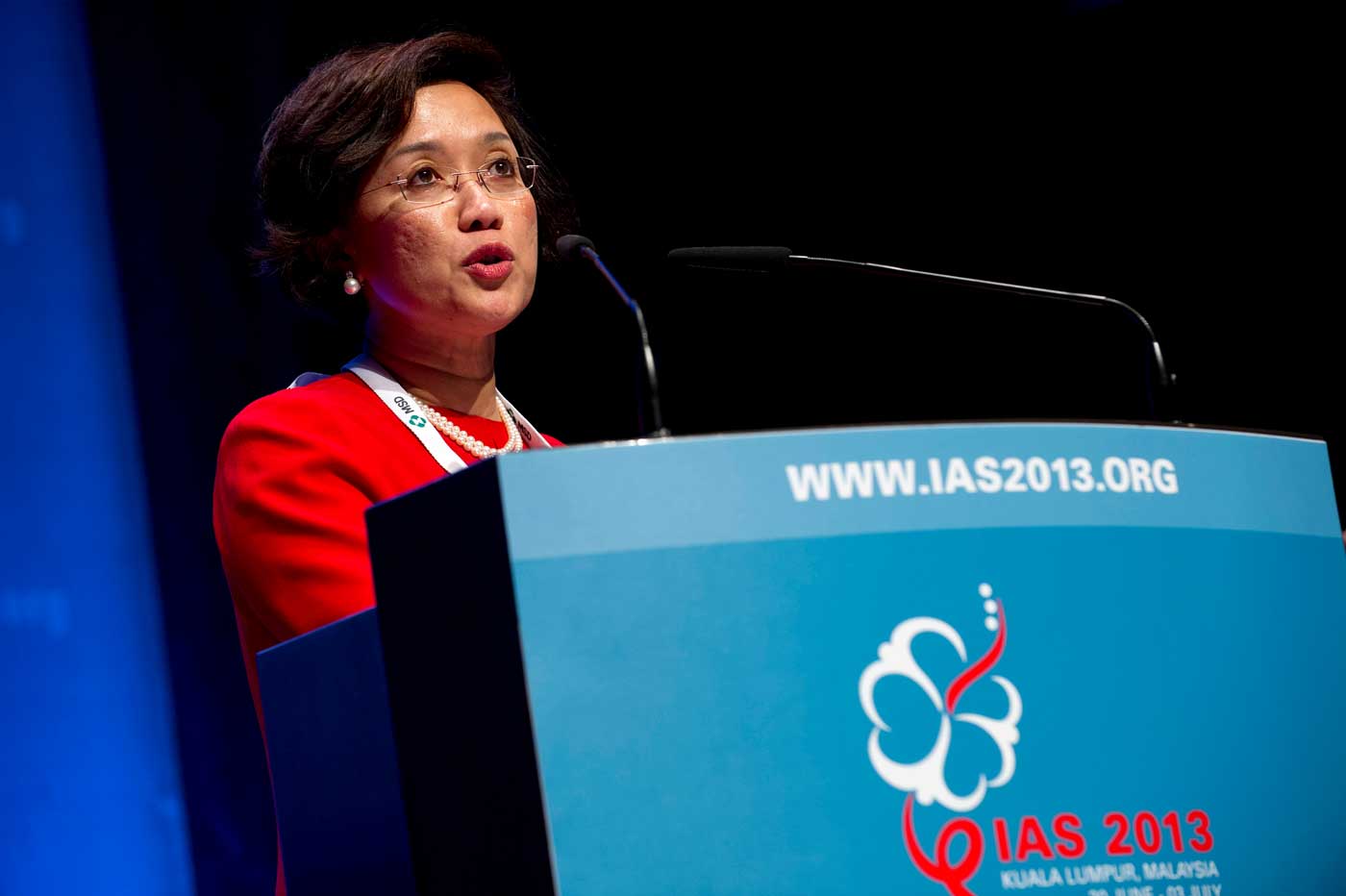
Prof. Adeeba Kamarulzaman. Photo: International AIDS Society / Marcus Rose / Workers’ Photos.
While the IAS conference had many objectives which include providing new insights, knowledge sharing, review of scientific research, offering opportunities for professional development and turning the world’s focus on the state of the HIV epidemic and progresses made in the Asia Pacific region, IAS 2013 Local Co-Chair Professor Adeeba Kamarulzaman of CERiA (Centre of Excellence for Research in AIDS) was confident that having the conference in Malaysia will act as a catalyst in encouraging and promoting HIV related research in Malaysia and the region.
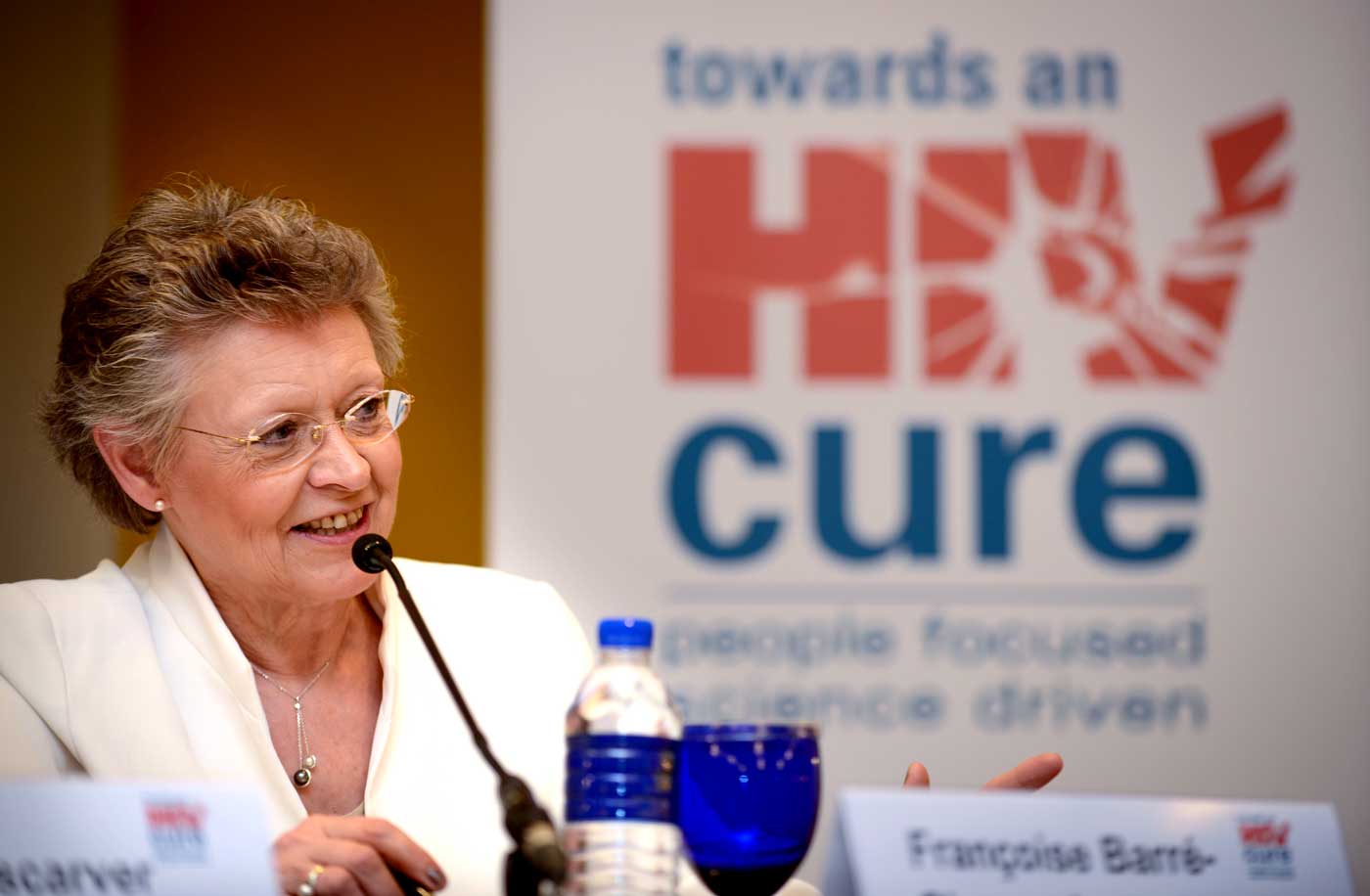
Prof. Françoise Barré-Sinoussi. Photo: International AIDS Society / Steve Forrest / Workers’ Photos.
Indeed, IAS 2013, which featured among other experts in HIV science, Nobel Laureate Prof Francoise Barre-Sinoussi, put Southeast Asia under the lens with lessons from Malaysia for its harm reduction programmes; Thailand for its campaign for safe sex and the Cambodia 3.0 programme to eliminate new HIV infections in the country by 2020. The World Health Organisation (WHO) took the opportunity to launch its new global guidelines for antiretroviral therapy, and the University of Malaya agreed to match the IAS/NIDA (National Institute on Drug Abuse) grant of USD75,000 to Malaysian researcher Sin How Lim.
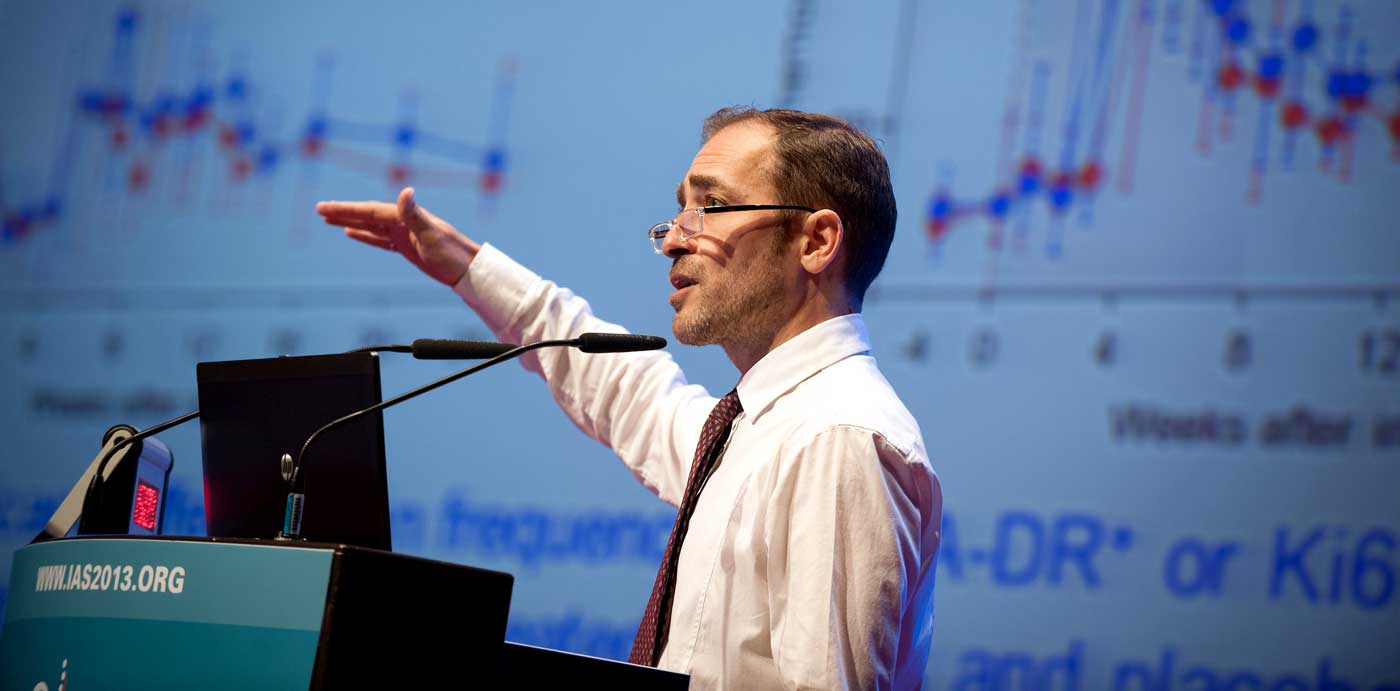
Dr. Daniel Douek from the United States spoke at one of the IAS 2013 plenary sessions…
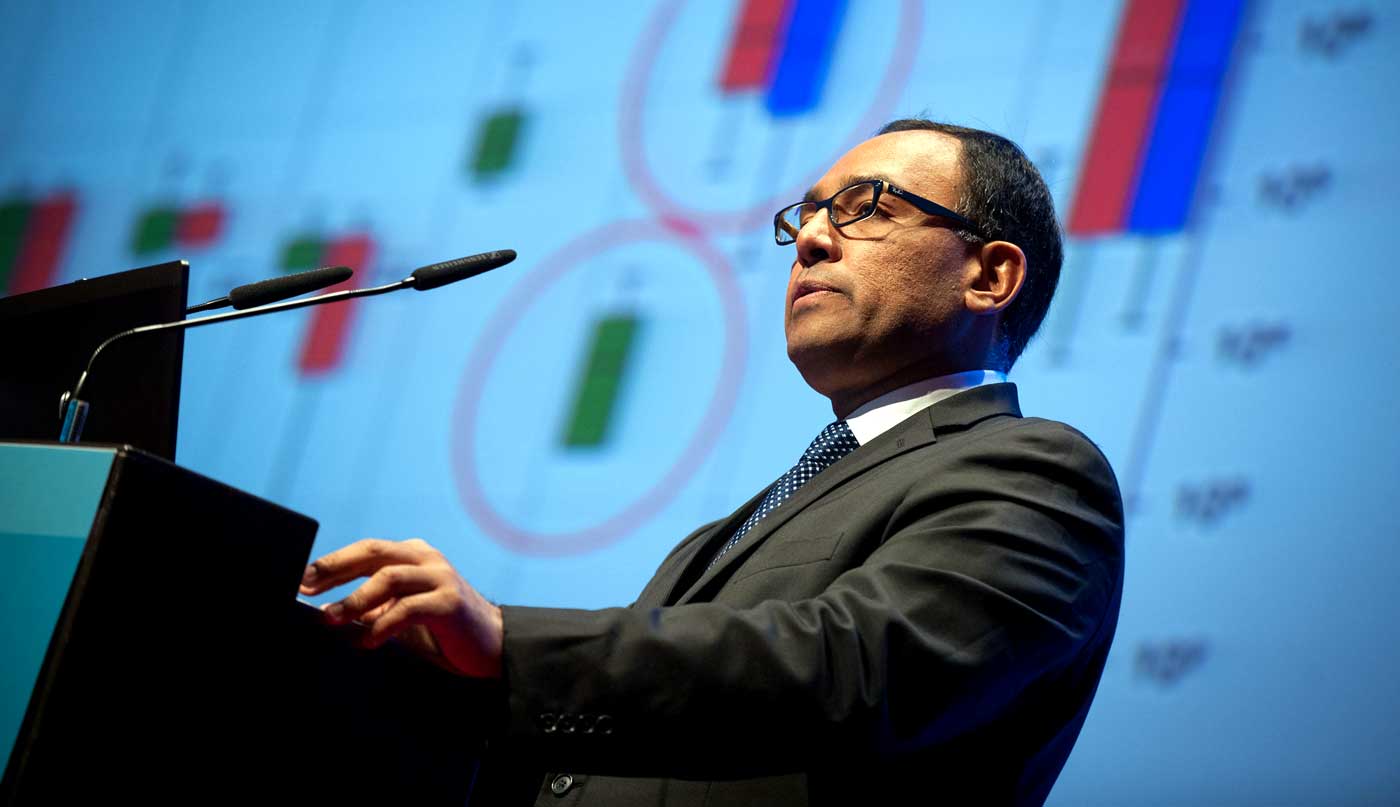
… with Dr. Javier Lama of Peru. Photos: International AIDS Society / Steve Forrest / Workers’ Photos.
In the post event survey, the majority of surveyed delegates reported to “strongly agree” or “agree” when asked if the conference had achieved its objectives, with 86% of respondents answering that the conference had contributed in strengthening their skills and/or expanded their knowledge. More information on this survey can be obtained from the IAS 2013 Evaluation Report.
The Malaysia Convention and Exhibition Bureau estimated that the economic impact from IAS 2013 at RM55.8 million (approximately USD 13.3 million). Hosting this conference was worth more than money to Malaysia.
The global spotlight was on Malaysia’s policy change where a substitution therapy and a syringe exchange programme was available for injecting drug users, and this has proven hugely successful in driving down new infections among drug users, and proving that harm reduction programmes are key to reducing new infections. This was despite the Islamic country’s strict drug laws. The IAS also applauded the Malaysian government’s commitment to provide HIV treatment to all Malaysians in need of antiretroviral therapy, and this made Malaysia a role model best practice, especially for countries who are experiencing steep increases in HIV infections because of an ineffective drug policy. In fact, Malaysia was the first Asian host of the IAS Conference on HIV Pathogenesis, Treatment And Prevention.
AIDS scientists in Malaysia learnt about the latest scientific developments and had the chance to implement them in Malaysia. They acquired new insights which lead to new directions in their research work. 24% of IAS 2013 delegates came from Southeast Asia and South Asia, and for them, it was a once-in-a-lifetime opportunity to rub shoulders with global experts and discuss common issues and seek advice from their new found contacts and friends from around the world. This is in contrast to IAS 2015 two years later in Vancouver where the number of delegates from South and South East Asia was significantly less.
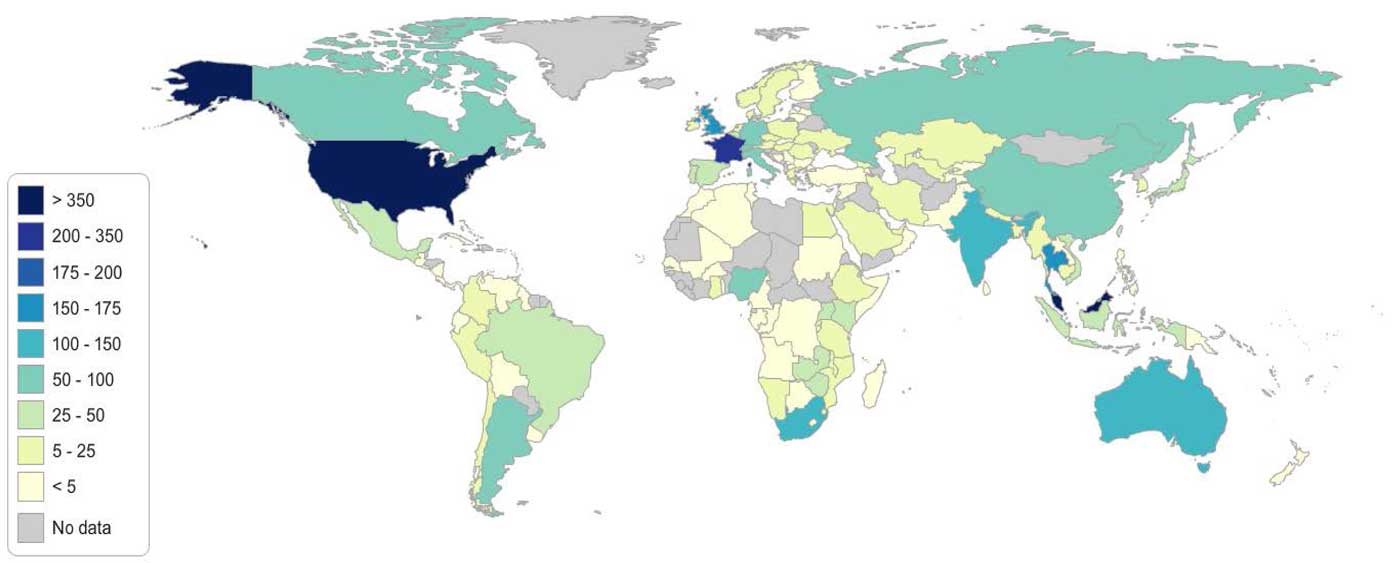
IAS 2013 delegates by country. Source: IAS 2013 Evaluation Report.
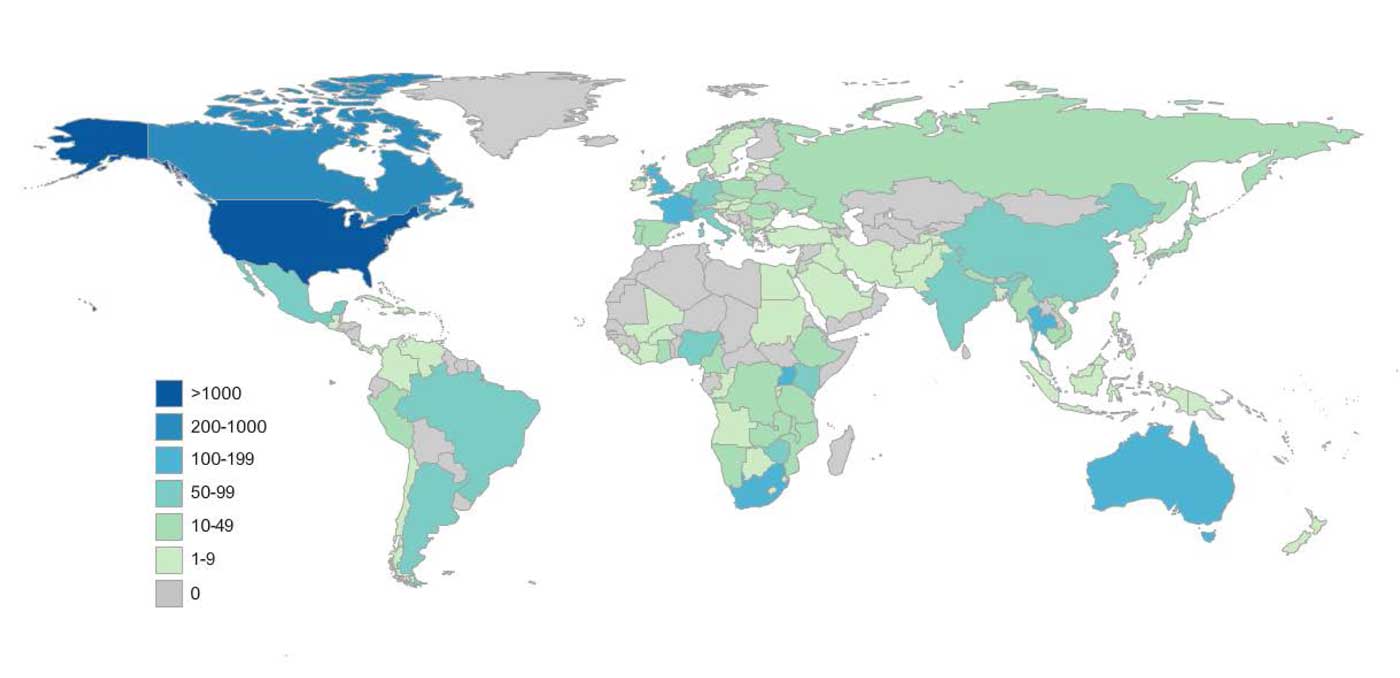
IAS 2015 delegates by country. Source: IAS 2015 Evaluation Report.
For this article, the author sought the help of CERiA the Malaysian host institution for IAS 2013, to track down a volunteer to ask her how, if at all, volunteering at IAS 2013 had changed any aspect of her life. Kathleen Fernandez, who was 21 years old at that time, said: ‘Volunteering for IAS 2013 was one of the most educational moments in my life. As a volunteer, I met so many delegates from various walks of life, all with their own experience related to HIV and AIDS, whether personal or by association. The human spirit present in that conference was one of solidarity and passion for making the world a better place. The compassion and strength was mind-blowing. Some of the best parts of volunteering was making friends from all over the world and attending some of the talks on my off time. I learnt so much in those short hours. It changed the way I saw the world, and how I live in it and I will always be grateful for the chance to be part of IAS. I would do it again in a heartbeat’.
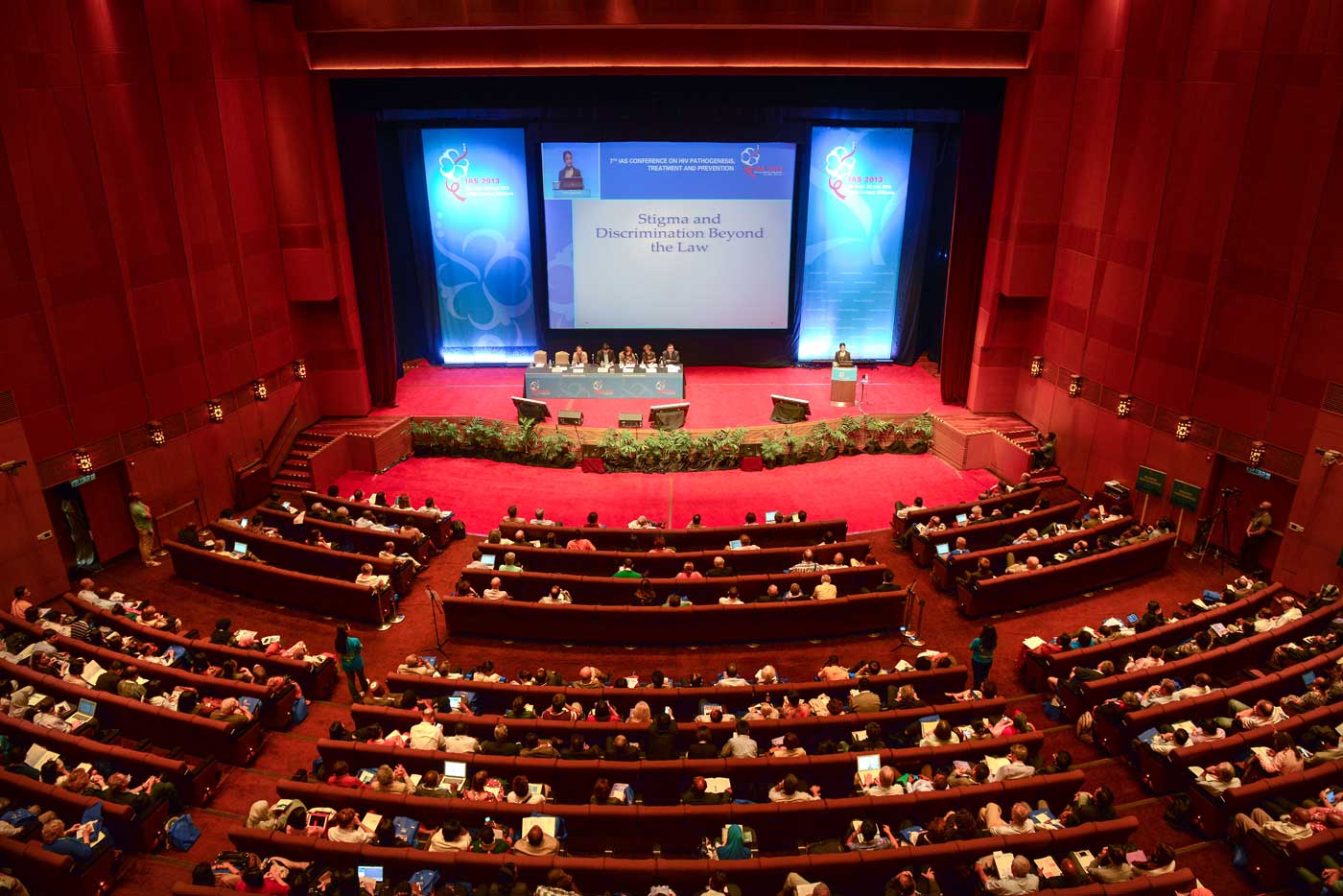
Discussing discrimination. Photo: International AIDS Society / Steve Forrest / Workers’ Photos.
Stigma and discrimination have always plagued HIV/AIDS and therefore one of the objectives of IAS 2013 is lift the dark curtain and create more public awareness about the misunderstood ‘bogeyman’ so that there is a shift from moral and religious perspectives to a public health perspective. It is too early to tell if IAS 2013 had achieved this although to a certain extent, there was a coming-out-of-the-closet moment on this subject long considered taboo in Malaysia and other conservative Asian societies.
IAS 2013 was the first in the series to be held in a Muslim country and the pre-conference meeting “HIV in Islamic Majority Settings” brought together 45 researchers, scientists, policy makers, programme implementers and community representatives from Islamic contexts from 15 countries ranging from Tunisia, Iran, Bangladesh and Indonesia. This meeting provided strategic directions and recommendations for further work.
Two years on, during IAS 2015 in Vancouver, delegates who had participated in the preceding meeting in Kuala Lumpur were asked about the impact of attending IAS 2013 to their work focus, strategy, methodology, sharing of information, motivation and if this had catalysed new projects and new research. The response was resoundingly positive (more information from IAS 2015 Evaluation Report).
These comments were noted:
- “New database of patients in my country, in collaboration with European colleagues” (physician, Israel)
- “Initiated change in policy” (manager/director, government, Zimbabwe)
- “partnerships with direct supply chains were cemented and the vertical integration between organisations increased to get the end product to the users.” (NGO, South Africa)
- “I met an HIV test company that is now producing kits.” (physician, Argentina)
- “We pursued new work in HIV incidence determination with South Africa colleagues met at Kuala Lumpur.” (researcher, USA)
Today, in Malaysia, the work goes on. In June 2017, the local host of IAS 2013, CERiA, co-organized a roundtable meeting with the Malaysian think-tank Institute of Strategic and International Studies (ISIS). Representatives from law enforcement, prison, public health and civil society from across Malaysia and other countries in South East Asia came together for this high-level dialogue. Injecting drugs is a major driver of HIV transmission in many countries in Asia. According to UNAIDS, about 16% of people who inject drugs in Asia are living with HIV. It is believed that 98% of inmates go back to the community and as such it is essential to ensure that prisoners are cured of any diseases during incarceration. The meeting concluded with a call for policy review and reform, and to treat drug abuse as a public health issue, and not a crime. Emerged too was the realization that Malaysia lacks statistics on fatal drug overdoses.

According to UNAIDS, about 16% of people who inject drugs in Asia are living with HIV.
The ‘beyond tourism’ or big picture benefits of playing host to IAS 2013 in Kuala Lumpur has not been extensively recorded. A compelling event legacy case study which illustrates the long-term intangible benefits of hosting conventions requires pre-event preparation. This includes defining which aspects of the legacy will be selected, identifying the methodology and then placing markers to monitor these over time when the convention is over. A retrospective look, like this article, can highlight some positive impacts, but having a stronger case study with facts and data covering more perspectives will drive the message home stronger – hosting international conventions contributes to macroeconomics while providing long term impacts.
Having said this, there is a realisation among the Malaysian association community that they can contribute to nation building, not only for Malaysia but also for neighbours and other parts of the world. This can be done through a conscious effort to look beyond the traditional dollars and cents measurement and seek out good stories to share with the rest of the world.
At the recently concluded MyNEXT association development programme organised by the Malaysia Convention and Exhibition Bureau, (which coincided with the official launch of the Malaysia Society of Association Executives or MySAE) Malaysian associations were encouraged to plan well ahead of their upcoming international conventions to consciously collect data and make observations so that they can tell good stories about the incredible impacts from their meetings.
It’s really not over when the convention is over. In fact, it’s the start of the harvest.
Jane Vong Holmes, Senior Manager Asia, GainingEdge

